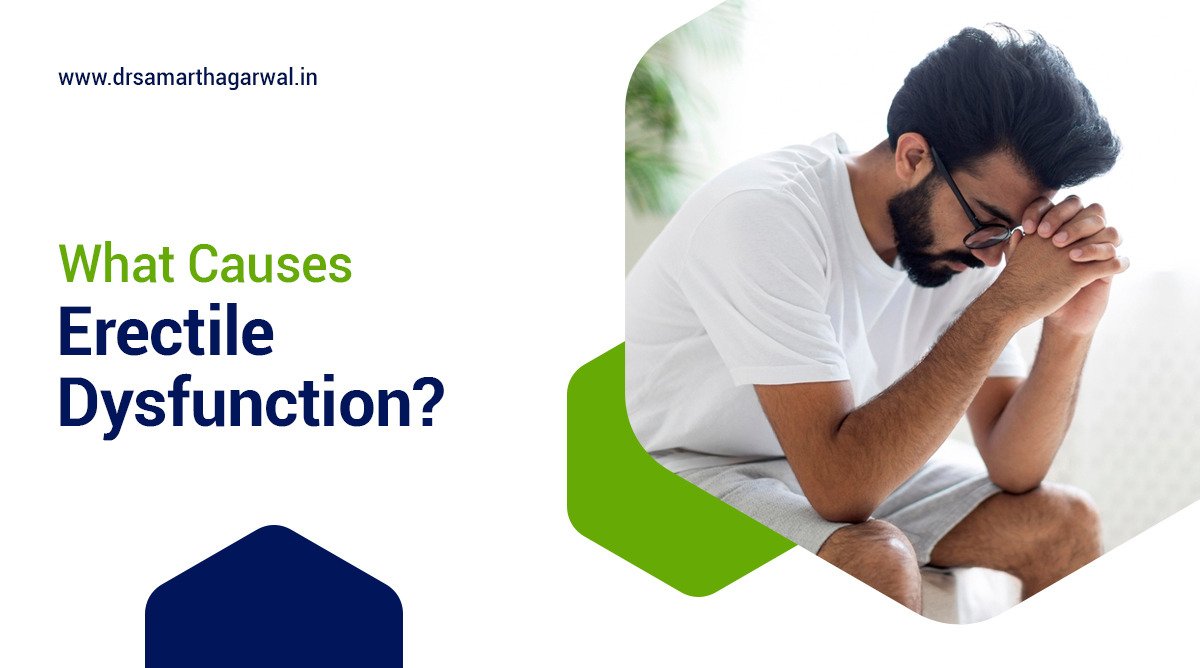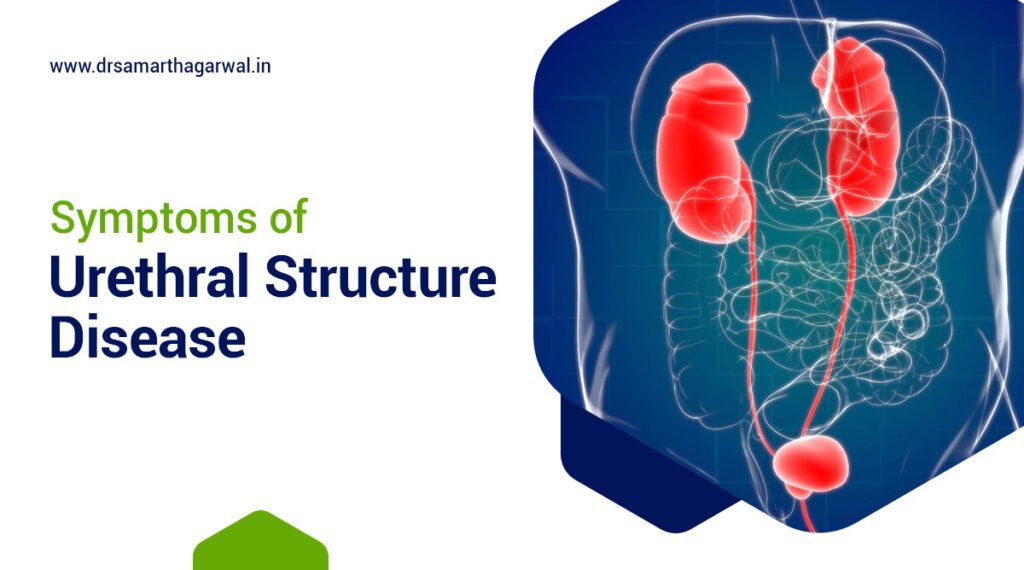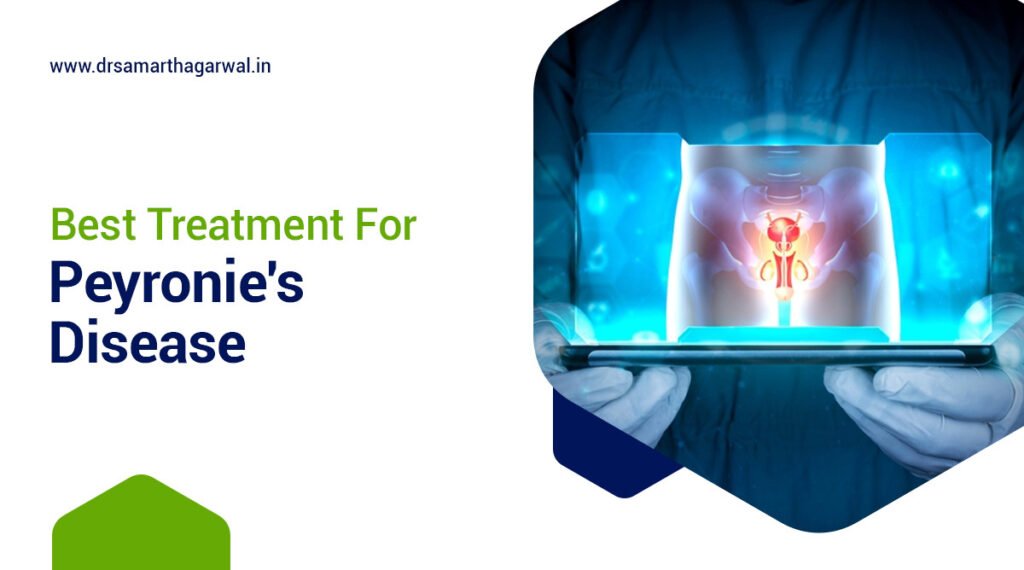Erectile dysfunction (ED) is a prevalent sexual disorder marked by the failure to achieve or sustain an erection suitable for sexual intercourse. This condition significantly impacts a man’s self-esteem, relationships, and quality of life.
The symptoms of erectile dysfunction include the persistent inability to get an erection, difficulty maintaining an erection during sexual activity, and a decrease in sexual desire.
Erectile dysfunction can be caused by various factors, both physical and psychological. Physical causes may include heart disease, high cholesterol, high blood pressure, diabetes, and damage to the nerves or blood vessels in the penis. Psychological factors such as stress, anxiety, depression, and relationship issues can also contribute to ED.
Research has shown that certain medications, alcohol, and drug use can also cause ED. For instance, a study published in the Journal of Sexual Medicine in 2017 found that antidepressants were associated with an increased risk of ED.
What are the causes of erectile dysfunction in men?
Erectile dysfunction (ED) in men is often a result of physical or psychological factors.
Physical Causes
- Heart disease, high cholesterol, high blood pressure, diabetes, obesity, metabolic syndrome, and certain prescription medications can restrict blood flow to the penis, making it difficult to achieve or maintain an erection.
- Conditions affecting the nervous system, such as Parkinson’s disease, multiple sclerosis, and injuries to the pelvic area or spinal cord, can also cause ED.
- Peyronie’s disease, a condition characterized by the development of scar tissue inside the penis, can lead to ED.
- Alcoholism, tobacco use, and substance abuse can damage blood vessels and nerves, contributing to ED.
- Sleep disorders and treatments for prostate cancer or an enlarged prostate can also cause ED.
- Low testosterone levels can affect sexual function and contribute to ED.
Psychological Causes
- Anxiety, stress, and depression can interfere with sexual feelings and cause or worsen ED.
- Relationship problems, feelings of guilt, or performance anxiety can also contribute to ED.
It is essential to consult a healthcare provider if experiencing ED, as it may be a symptom of an underlying condition that requires treatment.
How to avoid erectile dysfunction?
To avoid erectile dysfunction (ED), adopt a healthy lifestyle and address underlying conditions that may contribute to this issue.
Adopt a Healthy Lifestyle
- Maintain a Healthy Weight: Obesity increases the risk of ED. Aim for a healthy weight to reduce the likelihood of developing ED and associated conditions like diabetes and high blood pressure.
- Quit Smoking: Smoking damages blood vessels and can lead to ED. Seek help to quit smoking for overall health benefits.
- Exercise Regularly: Regular physical activity improves blood flow and overall cardiovascular health, which can help prevent ED.
- Eat a Balanced Diet: A Mediterranean diet rich in fruits, vegetables, lean proteins, and healthy fats may help reduce the risk of ED.
Manage Underlying Conditions
- Control Blood Pressure and Cholesterol Levels: High blood pressure and cholesterol levels can lead to ED. Manage these conditions through diet, exercise, and medication if necessary.
- Diabetes Management: Diabetes increases the risk of ED. Maintain blood sugar levels within the target range to reduce the risk of ED.
- Treat Sleep Apnea: Sleep apnea has been linked to ED. If you have sleep apnea, getting treatment can improve erectile function.
- Address Mental Health Issues: Depression, anxiety, and stress can contribute to ED. Seek help for mental health issues to reduce the risk of ED.
Monitor and Manage Alcohol Consumption: Excessive alcohol consumption can lead to ED. Limit alcohol intake for overall health benefits.
Treat Erectile Dysfunction if Diagnosed: If ED occurs despite adopting a healthy lifestyle, consult a healthcare provider for evaluation and treatment options.
How can I test for erectile dysfunction at home?
To test for erectile dysfunction (ED) at home, one can perform the Nocturnal Penile Tumescence (NPT) self-test, which involves monitoring your penis for erections during sleep. If erections occur, this can indicate that the issue might be psychological rather than physical.
Firstly, obtain self-testing strips or markers meant for this purpose. Place these marks or strips on your penis prior to going to bed. The testing strip has an indicator which turns blue when it absorbs moisture from an erection, while the mark left by a pen or pencil remains when the erection happens.
After waking up in the morning, check the marks or testing strips. A continuous line of blue (in the case of testing strips) or a pen mark that hasn’t smudged (from a mark made with a pencil) might indicate that you have experienced normal nocturnal erections and thus may not be dealing with erectile dysfunction. Conversely, a lack of signs in the morning may suggest issues with your erectile function and encourage you to consult a healthcare provider.
However, it is crucial to understand that this self-test does not substitute for a professional medical consultation, diagnosis, or treatment. Self-test kits can be inaccurate and inconsistent, leading to either unnecessary anxiety or a false sense of assurance. It is best to speak with a healthcare provider if experiencing concerns related to erectile function or performance.
What are the erectile dysfunction symptoms?
Symptoms of erectile dysfunction (ED) commonly include:
- Inability to achieve an erection.
- Inability to maintain an erection for sex.
- Occasional successful erections but not all the time.
These symptoms should not be ignored as they may indicate an underlying health issue. For comprehensive diagnosis and treatment options, consult a healthcare professional.
How is erectile dysfunction diagnosed?
Erectile dysfunction (ED) diagnosis involves a comprehensive evaluation that combines a thorough medical and sexual history review, a physical examination, and—in some cases—additional tests to determine the underlying cause.
Typically, a healthcare provider will perform an initial consultation to gather information regarding your symptoms, medical history, medication use, and lifestyle factors. Discussing your sexual health and concerns, along with your partner’s perspectives if applicable, is important in identifying potential causes and effective treatment options.
A physical exam allows the healthcare provider to detect any obvious physical abnormalities related to ED, such as disorders in the genital area. Other tests may be ordered based on preliminary findings, including:
- Blood tests: To assess hormonal imbalances, diabetes, heart disease, and cholesterol levels that could contribute to ED
- Urine tests: For determining kidney function and potential kidney-related issues
- Psychological evaluations: Mental health assessments to identify depressive disorders, anxiety, or performance stress
- Ultrasounds or injections: To observe the penile blood flow and measure penile function
If diabetes is suspected, additional tests (HbA1c, OGTT) may also be performed to confirm the diagnosis, since ED is a common comorbidity in diabetic males. The diagnostic process may involve involving specialized healthcare professionals, such as cardiologists, neurologists, and endocrinologists, depending on preliminary findings.
Urologists, primary care physicians, or internists are often qualified to diagnose and manage ED as the first point of contact. In extreme cases or when other specialists are unable to diagnose the cause, a multi-disciplinary approach may be sought for a more accurate diagnosis. Consult with Dr. Samarth Agarwal at Siliguri for personalized recommendations and guidance.
How to cure ED permanently?
To permanently cure erectile dysfunction (ED), the following steps are recommended:
- Consult a family doctor: Your family doctor can evaluate your overall health and address any concerns about ED or associated symptoms, such as premature or delayed ejaculation. Your family doctor may refer you to an urologist for medical diagnosis as well.
- Evaluate underlying health conditions: Identify and manage any underlying health conditions like diabetes, heart disease, or high blood pressure, as these can contribute to ED.
- Lifestyle modifications: Make changes to your lifestyle, such as:
- Adopting a heart-healthy diet low in saturated fats, processed foods, and cholesterol
- Regular exercise
- Limiting alcohol consumption
- Quitting smoking
- Reducing stress levels and improving mental health through counseling or stress management techniques
- Address psychological factors: ED can result from stress, anxiety, depression, or relationship issues. Seek counseling or therapy to address these psychological factors and improve sexual function.
- Oral medications: Use medications such as sildenafil (Viagra®), vardenafil (Levitra®), tadalafil (Cialis®) or avanafil (Stendra®) to improve blood flow and increase the ability to achieve and maintain an erection.
- Penile low-intensity focused shockwave therapy (LiSWT): This non-invasive treatment uses sound waves to improve blood flow and can take up to two months to show improvement.
- Injectable medications: Directly inject medications like alprostadil (Caverject®), papaverine (Papacon®), phentolamine (Regitine®) or a combination of multiple medications into the penis to create an erection.
- Penis pumps: Use a penis pump to manually create an erection, which usually starts working almost immediately.
- Testosterone replacement therapy: If low testosterone levels are contributing to ED, consider testosterone replacement therapy, which can help in around four weeks.
- Penile implant procedure: If other treatments are unsuccessful, consider a penile implant procedure to help maintain an erection. The device doesn’t affect sensation, peeing, or orgasm.
By addressing these factors, men with ED can increase the chance of curing the condition permanently. Always consult a medical professional for proper evaluation, diagnosis, and treatment. Please do not experiemnt with prescription drugs on your own.
Can erectile dysfunction be prevented?
Erectile dysfunction can be prevented to some extent by adopting healthy lifestyle changes. Regular exercise is highly beneficial for vascular health, contributing to the improvement of ED symptoms. Weight loss is essential since carrying excess weight is a leading driver of ED. Reducing stress, staying sexually active, eating a balanced diet, and quitting smoking or reducing alcohol consumption are also recommended to minimize the chances of ED.
In some instances, treating underlying medical conditions could help reverse ED. For individuals dealing with chronic conditions like diabetes, cardiovascular disease, or nerve disorders, proper management of these health issues might prevent or alleviate ED. In other cases, medications or other direct treatments may be necessary to overcome ED.
What are Some Erectile Dysfunction Treatment?
Treatment options for ED include:
- Oral Medications: These are the first line of treatment for ED. PDE5 inhibitors, such as Sildenafil (Viagra), Tadalafil (Cialis), Vardenafil, and Avanafil (Stendra), work by relaxing the muscles in the penis and increasing blood flow.
- Alprostadil: This medication is administered through self-injection or urethral suppository. It helps to increase blood flow to the penis.
- Penis Pumps: These devices are used to draw blood into the penis to create an erection. They are battery-powered and relatively safe when used as directed.
- Surgery: In some cases, surgery may be necessary. This could include implanting a penile prosthesis or vascular reconstructive surgery.
- Hormone Therapy: In cases where ED is caused by hormonal imbalances, hormone replacement therapy may be recommended.
- Counseling: Psychological counseling can help treat ED caused by stress, relationship issues, or depression.
- Lifestyle Changes: Regular exercise, quitting smoking, and limiting alcohol consumption can help improve ED symptoms.
- Dietary Changes: Certain foods, such as those rich in nitrates, can interfere with ED medications. Therefore, dietary modifications may be necessary.
- Vacuum Constriction Devices: These devices are used to draw blood into the penis and maintain an erection.
- Behavioral Therapies: Techniques such as mindfulness, biofeedback, and sexual counseling can help improve ED symptoms.
When to see a doctor for erectile dysfunction?
If you experience persistent signs and symptoms with getting or maintaining an erection firm enough for sexual intercourse, it is advisable to consult a healthcare provider. Seek medical attention if you have concerns about your erections, experience other sexual problems like premature or delayed ejaculation, have diabetes, heart disease, or any other known health condition that might be linked to erectile dysfunction, or have other symptoms along with erectile dysfunction.
Erectile dysfunction (ED) can be a symptom of various underlying health conditions, such as cardiovascular disease, diabetes, hypertension, neurological conditions, mental health conditions, and injuries. Early diagnosis and treatment can help manage ED and improve overall health.
Urologists are healthcare professionals who specialize in treating conditions related to the urinary tract and reproductive system. They can diagnose and treat ED, providing prescription medication and invasive treatment plans like implants and surgery when necessary. In some cases, treating an underlying condition may be enough to reverse ED.

Contact Dr. Samarth Agarwal if you have any questions or concerns about your Urinary health!






